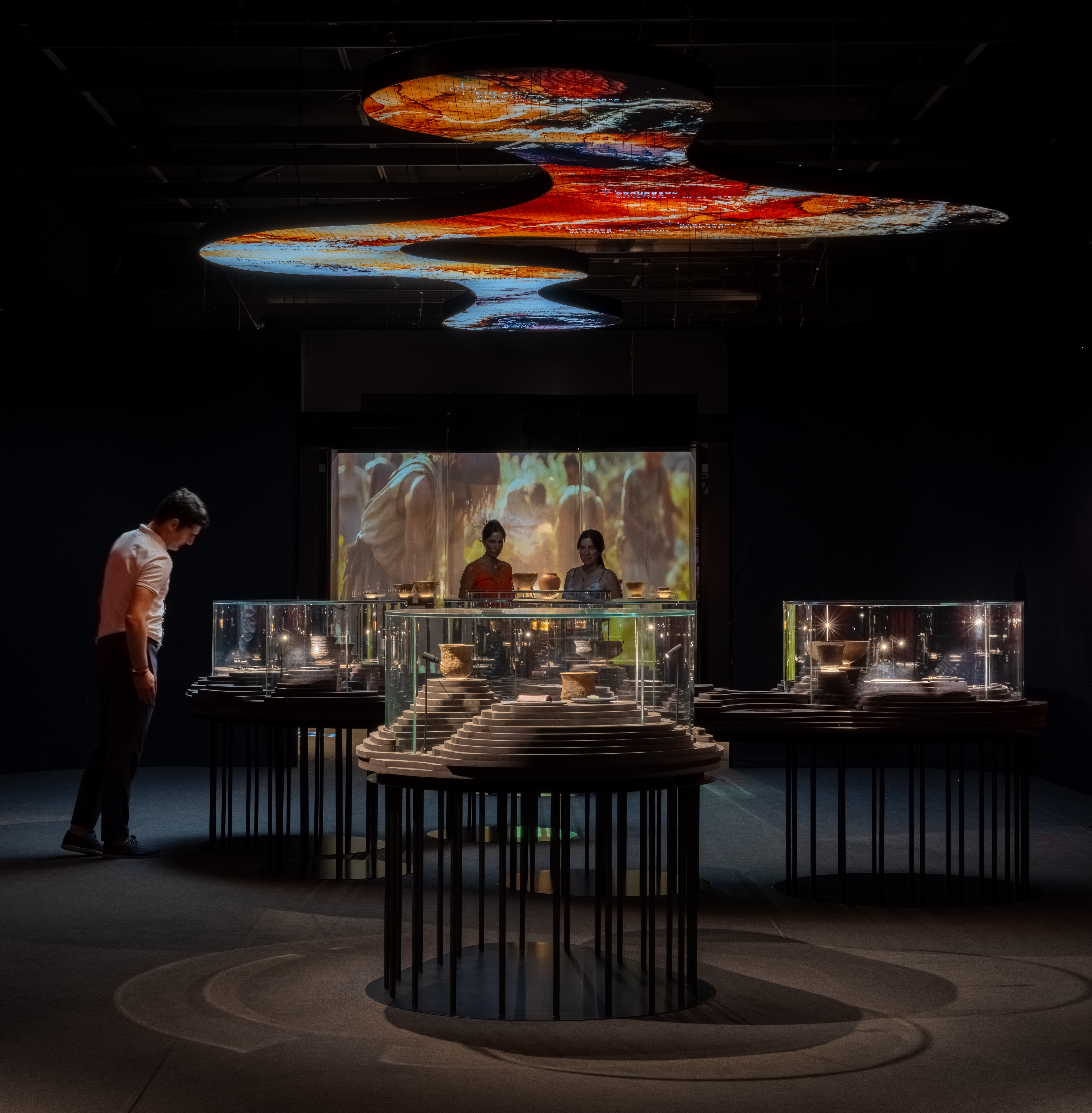
The Archaeological Museum of Alicante will host the following days 19 and 20 September some international conference on the Bronze Age in EuropeThe following will participate more than twenty leading experts from universities and museums in Spain, Germany, Poland, Slovakia, Czech Republic, Hungary and Portugal.
Coordinated by the curators of the current exhibition "...".Dynasties. The early kingdoms of prehistoric Europe"The doctors Juan Antonio López Padilla, Robert F. Risch and Janòs DaniThese conferences, organised by the Fundación CV MARQ and the Provincial Council's museum, are the culmination of this exhibition, which has been on display in the temporary rooms of the Alicante centre since 26 March until 13 October.
In this respect, some of the researchers involved are the following directly responsible for the excavations and investigations that have led to the significant progress made in the experienced in recent years in the knowledge of this stage of our most recent prehistory.
The cultures of El Argarin Spain; Uneticein Central Europe, and Otomani-FüzesabonyIn the Carpathian region, three of the most highly developed societies in the first half of the Bronze Age. Their beginnings and their end occurred in unison, despite being separated by hundreds or even thousands of kilometres, which has led us to believe that there were close economic, social and even political relations between them.
In these days the study of the origins of these cultures will be addressed in detail, from their relationship with those of the late Copper Age and, in particular, of the so-called "bell-shaped vase" populations. It will also showcase the latest and most extraordinary advances in the study of ancient DNAThe results of these studies, which are providing information not only on the Central European origins of these populations, but also on the political dimension of family relations within these societies and their model of parental relations.
Aspects such as copper working and metallurgical productionthe development of the gold and silver smithingThe different types of settlements, their architecture and incipient urban planning, the models of organisation of agricultural work and the management and investment of their surpluses by the elites, funerary practices, war, as well as religion and rites related to the sun and the celestial world, are some of the other subjects that will be dealt with in this conference. can be followed in person and online and will offer the most complete and up-to-date overview of Bronze Age research in Europe.
Information and programme of the international conference at www.marqalicante.com
